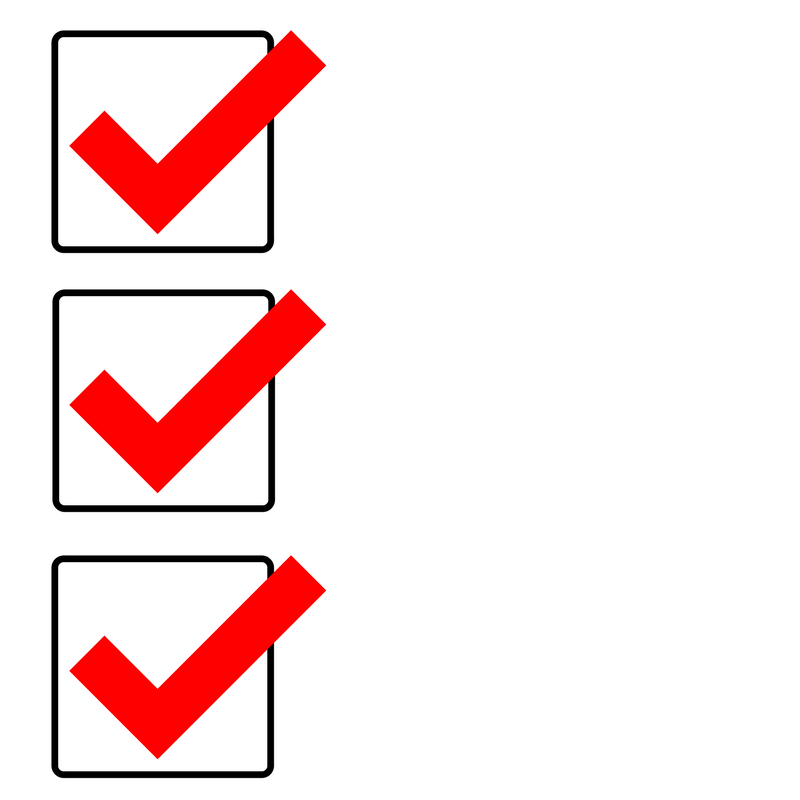Attention Home Buyers: 9 Ways to Prepare for Homeownership
 First-time home buyers are getting ready to make an investment that will help them step away from their roommates and into the world of being a homeowner. There is a lot of responsibility that comes with owning a home, but before home buyers gets to that they must understand what it takes to purchase a home.
First-time home buyers are getting ready to make an investment that will help them step away from their roommates and into the world of being a homeowner. There is a lot of responsibility that comes with owning a home, but before home buyers gets to that they must understand what it takes to purchase a home.
Here are some of the steps first-time home buyers must take to be prepared for homeownership.
See What’s for Sale
The first step is to look at an area where the house will be purchased. If moving away from the current neighborhood see what is on the market. Look at the pricing for the houses to begin to understand what will be needed to make a purchase.
Monthly Mortgage Cost
Once there is a general idea of what price range the house will fall under, check to make sure it is affordable. There are many calculators for mortgages available that will help to determine the amount a person can afford monthly for a mortgage. Be sure to take into account taxes and insurance when thinking about monthly payments.
Factor in Closing Costs
Closing costs are going to be a large chunk of money. Save up for the closing costs and learn what they will be before finalizing the paperwork. Talk to the lender, title holder, and company that handles the taxes and insurance. They will be able to provide an estimate of how much will be paid at closing.
Budgeting
Before dedicating money to a house be sure the monthly budget will accommodate that large of a payment. Carefully examine the budget and see where the money is going. Determine how much of your monthly income will be spent on housing. If it goes above twenty-eight percent of your total it may not be the right time to buy.
Long-term Budget
When factoring mortgage costs, insurance, and taxes one must also think about emergency expenses. A homeowner does not have a landlord or roommate to depend on when something breaks. If the budget is already tight with the mortgage, what happens when the water heater breaks and there is no money to purchase a new one?
Be Prepared
Taking a look at the budget and how much a house truly costs can help a person be more prepared to take on this responsibility. Instead of being blindsided by all of the extra costs first-time home buyers can understand each one and have money set aside for those situations.
Credit Score
A home buyer’s credit is going to greatly affect their loan. It can be the difference between getting approved for a loan and being denied. If approved a low credit score is going to cost the borrower more in high-interest rates.
Find all Documents
The lender will want to know a current financial history. Bank statements from the previous months with corresponding pay stubs to show what money is coming in will be good to have on hand. Statements of any debts will be needed to get a better view of the overall financial state.
Pre-Approval
A buyer that walks into a house showing with a pre-approval is much more likely to get a house than one that has not spoken to a lender. A pre-approval shows that the home buyers are capable of getting a mortgage for a certain amount. This will put a seller at ease knowing that any offer that comes from this buyer is legitimate and will be followed through on.
First-time home buyers have options. There are many programs available that will help a first-time homeowner obtain a mortgage and a house. The best way to purchase a house is to do your research, have all finances well-organized and know what houses are affordable to you.